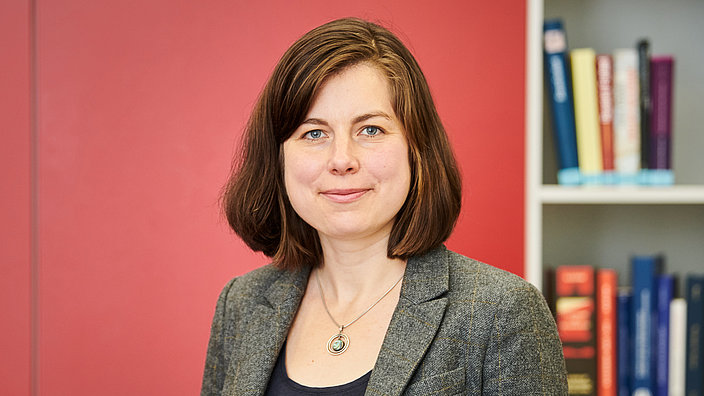Cooperation Beyond Academia
ZOiS Caucasus Network
Founded in autumn 2019, the ZOiS Caucasus Network aims to foster cross-institutional, interdisciplinary, scientific and practice-related exchange on the Caucasus region and connect experts from research, politics, and the media.
Core objectives
- Establishing a contact point that brings together different actors with regional and transregional connections in a flexible organisational framework.
- Developing a permanent network of academics and experts who would like to exchange views on issues related to the Caucasus region (politics, society, culture).
The network currently meets twice a year. Regular newsletters are sent out with information about the latest research activities, publications, and events of network members. If you are interested in the network or have any questions about it, please contact caucasus-network(at)zois-berlin(dot)de.
Berlin Research 50 (BR50)
ZOiS is a member of the Berlin Research 50 (BR50) network, an initiative of the capital's non-university research institutions whose goal it is to strengthen Berlin as an international science metropolis. The new alliance, to which almost all non-university institutes and centres in the Berlin area belong, is intended to facilitate coordination between non-university research institutions and provide a central contact point for cooperation with Berlin universities and exchange with society and politics. Similar to the Berlin University Alliance (BUA), the association of Freie Universität Berlin, Humboldt-Universität zu Berlin, Technische Universität Berlin and Charité - Universitätsmedizin Berlin, BR50 is also intended to provide a dialogue platform for the participating institutions. ZOiS is a member of the Social Sciences and Humanities Unit.
Decoding Belarus
ZOiS participates in decoder project
Since the summer of 2020, Belarus has been experiencing ongoing protests, mainly in response to police violence and mass arrests, that have grown into an unprecedented mobilisation for the country. Unlike previous protests, this time people refused to be intimidated despite massive violence, creating a situation whose long-term political outcome is uncertain. For the German public, the protests were largely unexpected in their breadth. Accordingly, the demand for information about politics and society in Belarus increased noticeably. The online medium dekoder.org reacted by launching the project ‘Decoding Belarus’, which accompanies the process of profound change in Belarus and makes it accessible to an interested German public.
Dekoder.org already began to expand its range of topics to include Belarus in November 2020, publishing background texts on current political developments in the country, but also on culture and the economy. ZOiS has been involved in this project as a sponsor since January 2021. It intends to provide scientific support to dekoder and contribute its own expertise in order to substantiate the knowledge communicated on the platform. In this way, dekoder will expand and deepen the Gnosis programme on Belarus.
GLocalEAst
Since October 2020, ZOiS has been an Associate Partner in the GLocalEAst strategic international partnership, which is funded by the European Union under Erasmus+. The three-year consortium aims to develop an innovative curriculum for students of Migration, Diaspora and Border Studies in East Central Europe that will provide them with practice-driven skills, facilitating their transition to the labour market. Participating institutions are engaged in the development and testing of innovative digital methods and pedagogies with a view to elaborating attractive teaching methods, strengthening the professional profiles of teaching staff, filling gaps in specific teaching areas, and promoting internationalisation and networking. The project also aims to establish a platform of experts from research institutes, NGOs and local government agencies that monitor migration and integration processes in East Central Europe. At ZOiS, the researchers Tsypylma Darieva, Piotr Goldstein and Sabine von Löwis are involved in GLocalEAst.
The Colloquium for Children’s Literature (KLK)
The Colloquium for Children’s Literature (KLK) is an open networking platform whose aim is to foster academic exchange on Eastern European children’s and young adult literature and increase the visibility of research in this subject area. Since 2021, the Colloquium has provided a forum primarily for scholars from German-speaking Slavic Studies and other departments and institutions interested in Eastern Europe to discuss aspects of Eastern European children’s and young adult literature, present their research, collaborate on conferences, publications and other projects, and promote the integration of topics relating to children’s and young adult literature into research and curricula. The Colloquium’s meetings are held once per semester as online or hybrid events. The KLK is organised by ZOiS and the Slavic Institutes of the Universities of Halle and Heidelberg.






![[Translate to Englisch:]](/fileadmin/media/_processed_/3/2/csm_Loewis__Annette_Riedl__d15ffb8229.jpg
)